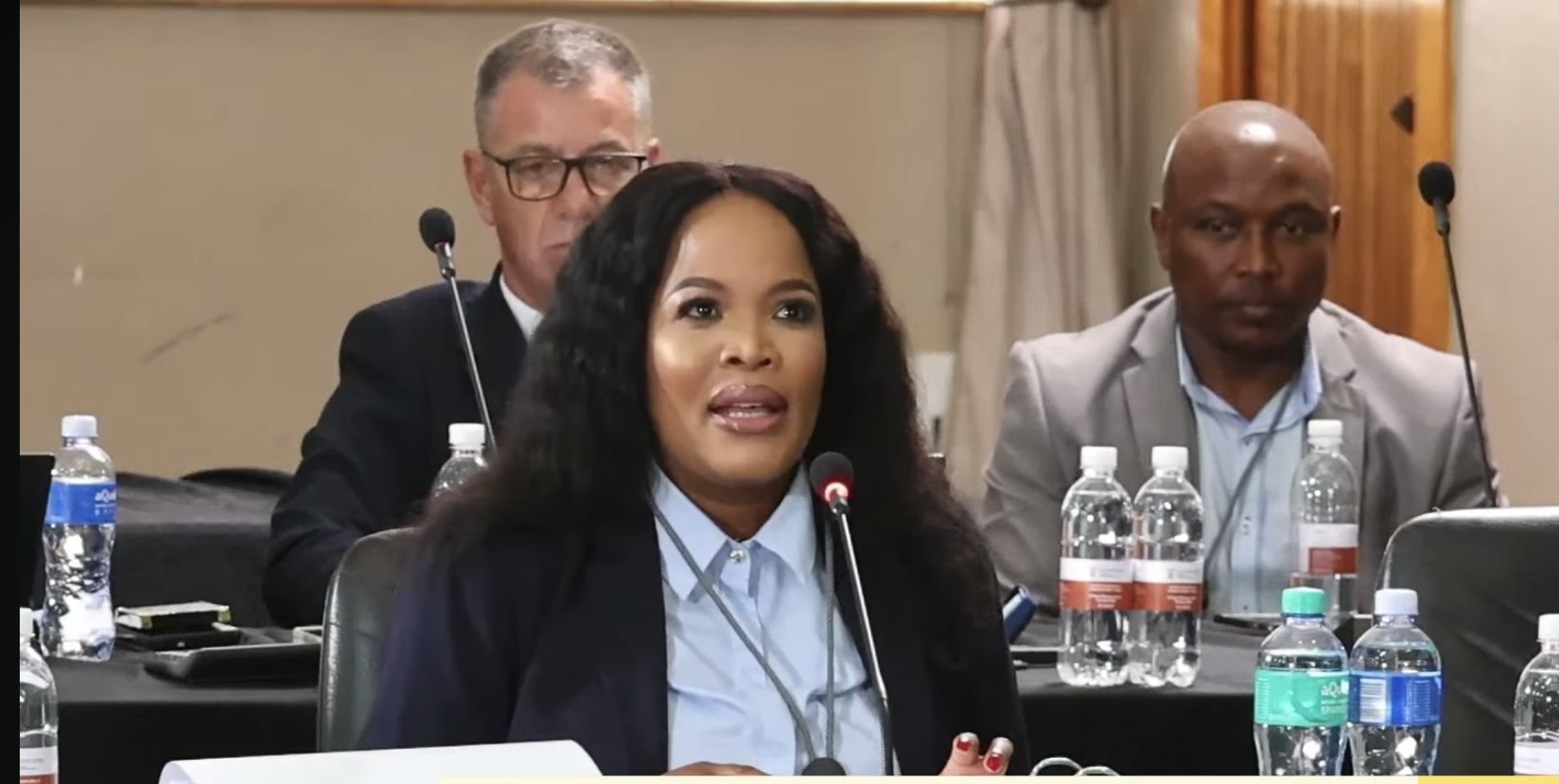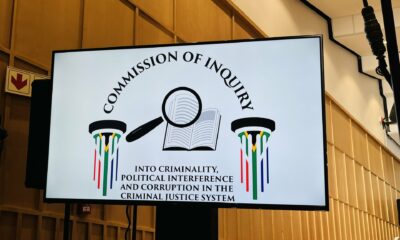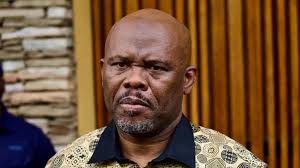News
R435 Million and Counting: Inside the Expensive Fight Against South Africa’s Political Killings

R435 Million and Counting: Inside the Expensive Fight Against South Africa’s Political Killings
Parliament demands answers and SAPS finally shows the price tag
South Africa’s battle against politically motivated murders has long been a shadowy, nerve-wracking and costly endeavour. But few expected the figure revealed this week to be quite so staggering:
R435 million.
That’s how much the Political Killings Task Team (PKTT) has absorbed since its creation, according to Lieutenant General Puleng Dimpane, Chief Financial Officer of the SAPS. She delivered the numbers during her testimony before Parliament’s Ad Hoc Committee, which is probing claims that powerful criminals and politicians are undermining the very police units meant to stop them.
And in typical South African fashion, the public reaction online landed somewhere between “This is outrageous” and “Honestly, nothing surprises us anymore.”
A committee born out of controversy
The Ad Hoc Committee was set up in October after explosive allegations by KZN Police Commissioner Lt-Gen Nhlanhla Mkhwanazi.
He accused top-ranking officials, including the now-suspended Police Minister Senzo Mchunu of disbanding the PKTT on 31 December 2024 to shield individuals linked to political killings and drug cartels.
Those allegations revived national anxiety about hit-for-hire networks and political patronage, particularly in KZN where murders of councillors, whistleblowers, and political figures have become disturbingly routine.
South Africans have grown used to hearing that the lines between politics, policing, and organised crime are increasingly blurred. But the Committee’s hearings are the first time those fears are being tested under oath.
So where did R435 million go?
Dimpane didn’t shy away from breaking down the spending and, interestingly, the biggest chunk isn’t gadgets, cars or weapons.
The top cost drivers are:
-
Overtime
-
Travel and subsistence
-
Accommodation for officers deployed outside their provinces
This might sound excessive, but Dimpane insists it’s predictable.
These specialised task teams aren’t stationed permanently anywhere. Members are flown or driven around the country when political tensions flare or violence erupts. Some come from Limpopo, others from Free State, many from Gauteng and when they arrive in hotspots like KZN, SAPS must foot the bill for beds, meals and long hours.
“Members often come from different provinces… so we have to provide accommodation and meals,”
she explained.
“Overtime work is common, which makes these two items show an increasing trend.”
Social media users had a field day with that explanation pointing out that South Africans can’t even get an investigation into stolen copper, yet task teams can travel cross-country like corporate consultants.
Missing overtime? Nothing to see here, says SAPS
One detail raised eyebrows: no overtime has been recorded yet for the 2025/26 financial year.
Dimpane dismissed concerns quickly.
Their claims are “still being processed,” she assured, and will appear in future financial reports. The PKTT, she emphasised, is still active.
Are these costs normal? Yes, but also worrying
Dimpane argued that temporary units almost always cost more than permanent ones.
Permanent detectives get to sleep in their own beds. Temporary task teams hop between provinces like nomadic crisis responders and it all goes on SAPS’ tab.
But her testimony also exposed a deeper issue:
South Africa’s reliance on temporary teams is a symptom of a police service that never properly rebuilt itself after years of leadership instability, factional battles, and political interference.
Many policing experts argue that relying on task teams instead of stable, well-resourced local units is unsustainable and Parliament’s inquiry appears to agree.
The bigger picture: crime syndicates, corruption and political interference
While Dimpane focused on the financials, her testimony feeds into a much bigger and darker backdrop:
-
Allegations that senior SAPS officials are protecting criminal networks
-
Claims that political killings are tied to drug syndicates and tender cartels
-
Fears that disbanding the PKTT was part of a coordinated cover-up
This week’s hearings are not just about money, they are about the integrity of the entire police force.
And as the inquiry continues, the testimony is expected to pull more skeletons from SAPS’ already crowded closets.
What’s next?
Dimpane’s evidence is seen as a critical step toward understanding whether the PKTT was properly funded, strategically used, or manipulated for political purposes.
With the Committee still hearing from high-profile witnesses, including controversial figures linked to crime syndicates, South Africans are watching closely.
If the numbers don’t lie, then R435 million has bought us one thing:
A front-row seat to how fragile South Africa’s crime-fighting structures really are.
{Source: IOL}
Follow Joburg ETC on Facebook, Twitter , TikTok and Instagram
For more News in Johannesburg, visit joburgetc.com



























